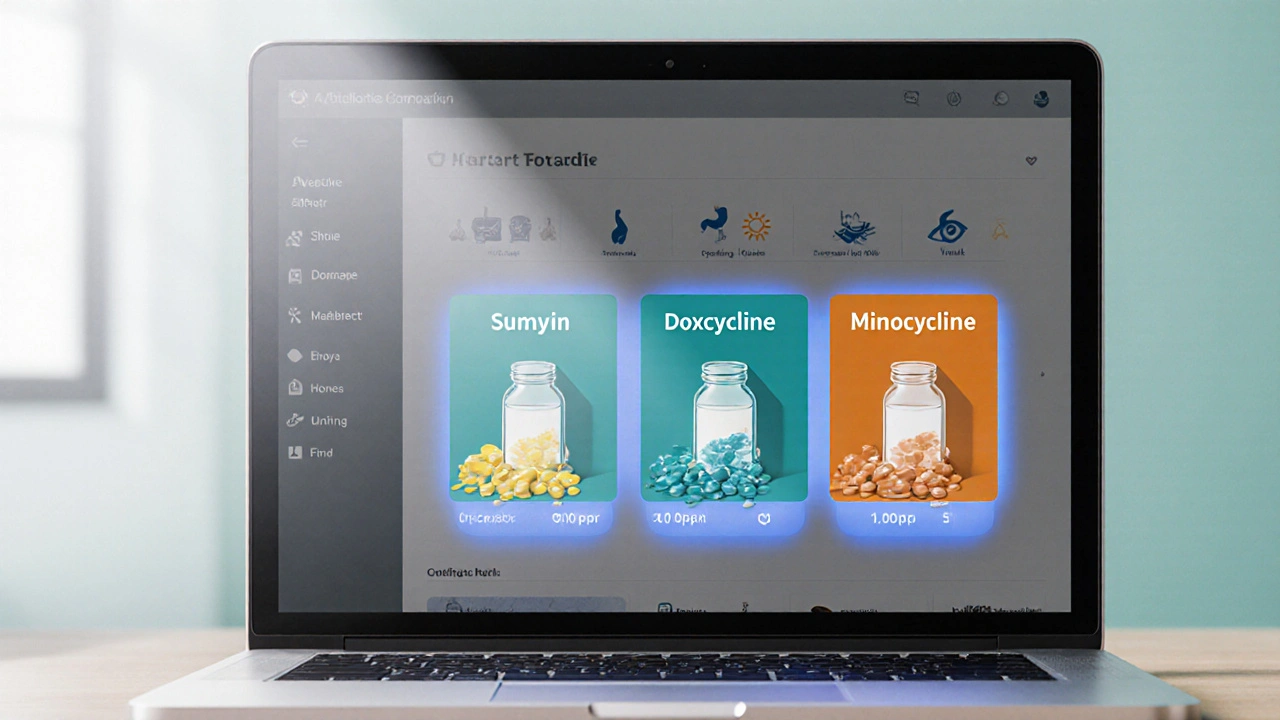Antibiotic Alternatives: Practical Options and When to Use Them
Antibiotic alternatives are getting more attention because we face rising antibiotic resistance and not every infection needs a broad antibiotic. This page groups practical, science-backed options you can consider for mild infections, prevention, or as support alongside medical treatment.
Common antibiotic alternatives
Start with probiotics and microbiome support. Certain probiotics reduce the risk of some infections and help restore gut balance after antibiotics. Look for strains with clinical evidence for the condition you care about and take them as directed.
Phage therapy uses viruses that target specific bacteria. It’s promising for stubborn infections and is used in specialized centers. Phage therapy needs lab testing to match the right virus to the bacteria, so it’s not a simple home remedy.
Antimicrobial peptides and natural compounds like berberine, garlic extracts, and honey show antibacterial activity in studies. Manuka honey is useful for wound care and certain topical infections. Berberine can help some gastrointestinal infections, but dosing and quality vary between products.
Topical antiseptics — like povidone-iodine, chlorhexidine, or medical-grade honey — work well for skin wounds and minor infections. They reduce bacterial load without systemic antibiotics and are easy to use at home or in clinics.
Herbal and dietary strategies support your immune system. Vitamin D, zinc, and a balanced diet lower infection risk. Plants like Sophora japonica (pagoda tree) and adaptogens such as Rhodiola have antioxidant and anti-inflammatory effects that may support recovery, but they are not direct substitutes for antibiotics.
Good examples: using medical honey or povidone for minor cuts, probiotics during and after antibiotic courses to prevent diarrhea, and topical antiseptics for fungal or bacterial skin spots. For stubborn lung or bone infections, alternatives are experimental and should only be tried under specialist care. Research teams are running clinical trials on phage therapy and peptides — outcomes look promising but not yet routine. Always check study quality and regulatory status in your country. Stay informed and cautious.
How to choose and stay safe
Always match the approach to the infection’s severity. For life-threatening or rapidly worsening infections, seek immediate medical care and expect antibiotics. For superficial wounds, mild sinus or ear discomfort, or as preventive measures, some alternatives can help.
Talk to your doctor before trying substitutes, especially if you are pregnant, immunocompromised, or on regular medication. Natural products can interact with prescriptions and may cause side effects.
Quality matters. Use products from reputable sources, and avoid homemade or unverified remedies for serious issues. When a treatment doesn’t improve symptoms in 48 to 72 hours, get evaluated. Labs, cultures, or imaging may be necessary to avoid delays in proper therapy.
Antibiotic stewardship still matters: avoid asking for antibiotics when they aren’t needed, use the shortest effective course when prescribed, and support alternatives that have backing from clinical studies.
If you want practical guides and product reviews, browse our related posts on topical treatments, herbal supplements, and clinical alternatives. Learn what works for specific problems and when to see a clinician.

Keftab (Cephalexin) vs. Alternative Antibiotics: Pros, Cons, and Best Uses
- Oct, 23 2025
- Daniel Remedios
- 12 Comments
A comprehensive guide comparing Keftab (Cephalexin) with top antibiotic alternatives, covering uses, side effects, dosing, and how to pick the right drug.

Sumycin (Tetracycline) vs. Common Alternatives: Pros, Cons & Best Uses
- Oct, 1 2025
- Daniel Remedios
- 11 Comments
A side‑by‑side look at Sumycin (tetracycline) and its main alternatives, covering how they work, pros and cons, cost, and when to choose each.

6 Alternatives to Augmentin: Effective Options to Consider
- Mar, 5 2025
- Daniel Remedios
- 15 Comments
Exploring alternatives to Augmentin can be useful for individuals who need effective antibiotic treatments with different benefits and potential side effects. This article delves into six viable options and highlights their pros and cons, helping readers make informed decisions. Knowing these alternatives could mean better health outcomes or fewer side effects. Understanding each alternative equips you with the knowledge necessary for discussions with healthcare providers.
